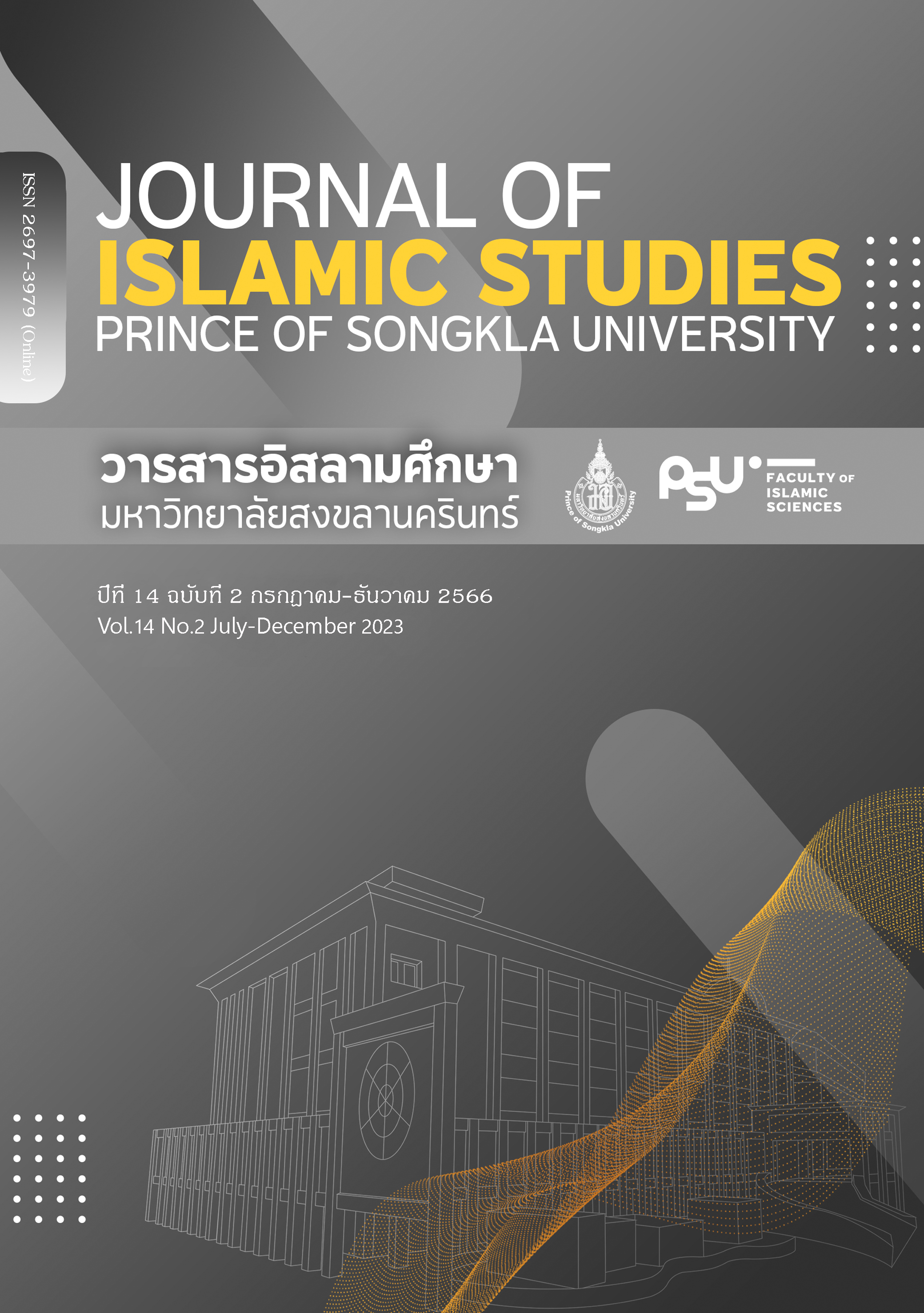Moral Diplomacy: The Concept of Islamic Diplomacy and Diplomatic Practice in Early Age
Keywords:
Moral Diplomacy, Islamic Diplomacy, Ilm SiyarAbstract
Objective The study aimed to present the Concept of Diplomacy and Diplomatic Practice in the Early Islamic age with two objectives 1) How the Islamic state manage policy on diplomacy affairs and makes co-existence with another creed? 2) What is the international policy of Madinah and what are the major characteristics of The Holy Prophet (PBUH) as an international policy maker?
Methodology This study applies a qualitative research method. The research methodology uses a documentary research method with an analytical description to collect data from three major sources (Primary, Secondary, and Tertiary) with relevant literature and books.
Research findings The Result found that in the Early Ages Islamic State of Medina adopted the concept of Moral Diplomacy as a major policy for international relations affairs focused on preaching Islam without any interests. The Holy Prophet (PBUH) shows his great characteristics in this field by using a number of diplomatic tools for interacting with foreigners. These models from the Holy Prophet (PBUH) were later developed by prominent Muslim jurists as a branch of science known as Ilm-Siyar (Islamic International Relations) relates to interactions between Muslims and non-Muslims in the States.
Application The Concept of Moral Diplomacy presented by the Holy Prophet (PBUH) consists of 5 major characteristics 1. Gentleness in Human Relation 2. Loyalty 3. Patience 4. Modesty 5. Loyalty shows a great model for later Muslim diplomats to promote good relations with non-Muslim communities. These characteristics present positive views of Islam as be optimistic idea in order to respond to Islamophobia spread by Westerners in recent times.
References
Abou-El-Wafa, A. (2009-1430). The Right to Asylum between Islamic Shari'ah and International Refugee Law A Comparative Study. Naif Arab University for Security Sciences.
Alam, M. S. (2019). Islam and Diplomacy: The Quest for Human Seicurity. Islamic World and Politics, 558-562.
al-Maududi, S. A. (2013). Tafheem-ul-Quran translation. MMI Publishers.
Al-Mawardiy. (2006-1427). The Law of Islamic Governance al-Ahkam al-Sultaniyyah. Dar al-Hadith.
al-Salloomi, M. A. (1996). Kitab at-Tabaqat al-Kubra of Muhammad Bin Sa'd (d.230/844): The Missing and Unpublished Part of the Third Generation (Tabaqah) of the Sahabah : a Critical Study and Edition. University of Wales.
al-Sarakhsiy, M. I. (1997-1417). Sharh Kitab al-Siyar al-Kabir. Dar al-Kotob al-Ilmiyah.
Ambrosius, L. E. (2002). Wilsonianism: Woodrow Wilson and His Legacy in American Foreign Relations. Palgrave Macmillan.
Cassese, A. (1995). Self-Determinations of Peoples: A Legal Reappraisal. Cambridge University Press.
Hamidullah, M. (1945). Muslim Conduct of State. Osmania University.
Iqbal, A. (1988). Diplomacy in Islam. Quami Press.
Ishaq, I. (1998). Sirat Rasul Allah Life of Muhammad translated by A.Guillaume. Oxford University Press.
Istanbuli, Y. (2001). Diplomacy and Diplomatic Practice in the Earli Islamic Era. Oxford University Press.
Smith, P. S. (2006). Of War and Peace: The Hudaibiya Model of Islamic Diplomacy. Florida Journal of International Law Vol.18, 136-167.
Wilson, W. (2013). Moral Diplomacy Justice and Government. Retrieved from http://www.justice4darfur.org/moral-diplomacy.html
Downloads
Published
How to Cite
Issue
Section
License
Copyright (c) 2023 © The Author(s). Published by the Journal of Islamic Studies, Prince of Songkla University under the Creative Commons Attribution 4.0 International License.

This work is licensed under a Creative Commons Attribution 4.0 International License.
All articles Published in The Journal of Islamic Studies are author’s opinions, and not the responsibility of the Faculty of Islamic Sciences nor the editorial board. However any citation should be referred to the journal.
















